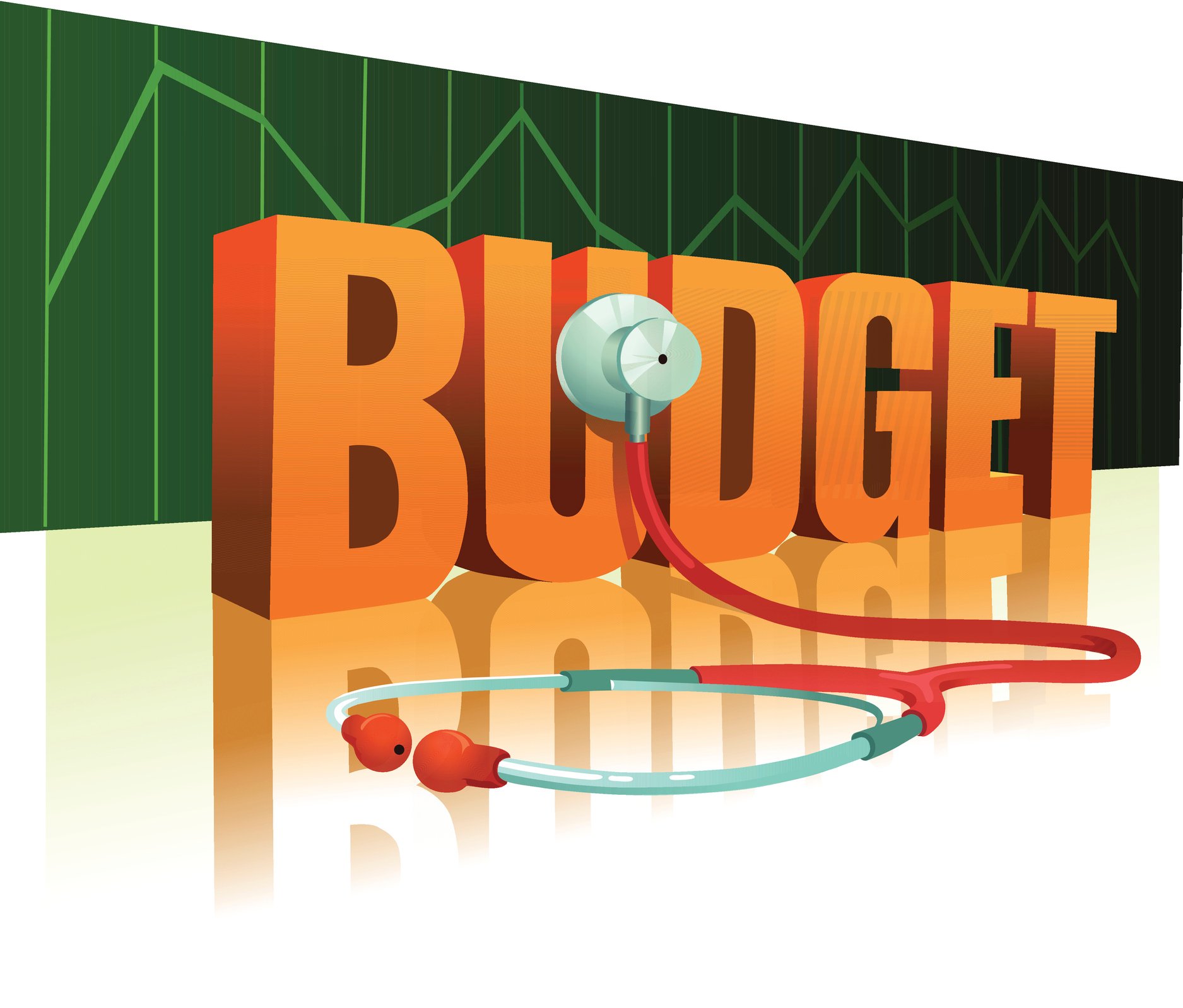Training Program

Cohort Training on Fiscal Policy Analysis and Sustainability (FPA)
Deadline passed
Session No.: JV 25.26
Location: Vienna, Austria
Date: July 7-18, 2025 (2 weeks) New dates
Delivery Method: Blended Training
Primary Language: English
Target Audience
Junior to senior officials in ministries of finance or economy, debt agencies, central banks, and other government agencies responsible for implementing macroeconomic and debt policies. The training is particularly beneficial for officials seeking a deeper understanding of fiscal policy and its macroeconomic implications.
Qualifications
Participants should have taken undergraduate courses in macroeconomics or have equivalent experience, and foundational knowledge in microeconomics and econometrics. Prior completion of the Financial Programming and Policies (FPP) course is strongly recommended. Basic skills in Microsoft Excel and access to a computer with reliable internet and Google Chrome web browser are essential.
Course Description
The training program aims to strengthen skills and knowledge in key areas of sound fiscal management. The "cohort" approach means that the same group of participants will go through the entire program (see below) together. Through collaboration in small groups, participants will gain new perspectives on fiscal challenges, refine their problem-solving abilities, and build professional networks with peers working from diverse viewpoints.
The program includes the following structure and time commitment:
- Fiscal Policy Analysis course: July 7-18, 2025, in-person in Vienna.
- Between-course work: July 21-August 29, 2025, online self-paced (5-10 hours). In this segment, participants will learn how to work with the Public Debt Dynamic Tool (DDT) with online material and support from the AI tutor KIRON.
- Fiscal Sustainability course: September 1-5, 2025, in-person in Vienna.
Course Objectives
By the end of this cohort training, participants will be able to:
- Use fiscal policy to attain key government objectives: macro-stability, equity and efficiency, and sustainable long-term growth.
- Use the tools and techniques acquired to assess the country¿s fiscal stance, fiscal multipliers, and debt sustainability.
- Assess the key elements of tax and expenditure policy.
- Project public debt, identify the main drivers of public debt changes, compute measures of fiscal adjustments consistent with a public debt target, stress-test public debt projections, and assess the risk of debt distress.
Foreign Borrowing and Loan Negotiation
English | February 23-27, 2026 | In-person Training | New Delhi, India
Apply online by February 9, 2026
Safeguards Assessments of Central Banks (SAC)
English (French, Portuguese) | March 23-27, 2026 | In-person Training | Ebene, Mauritius
Apply online by February 13, 2026
Fiscal Frameworks (FF)
English | May 11-22, 2026 | In-person Training | Vienna, Austria
Apply online by February 15, 2026
Balance of Payments and International Investment Position Statistics - Intermediate (BPIIPS-M)
English | May 26, 2026 - June 12, 2026 | In-person Training | Washington, D.C., United States
Apply online by February 15, 2026
Emergency Liquidity Assistance
English | April 20-24, 2026 | In-person Training | New Delhi, India
Apply online by February 15, 2026


